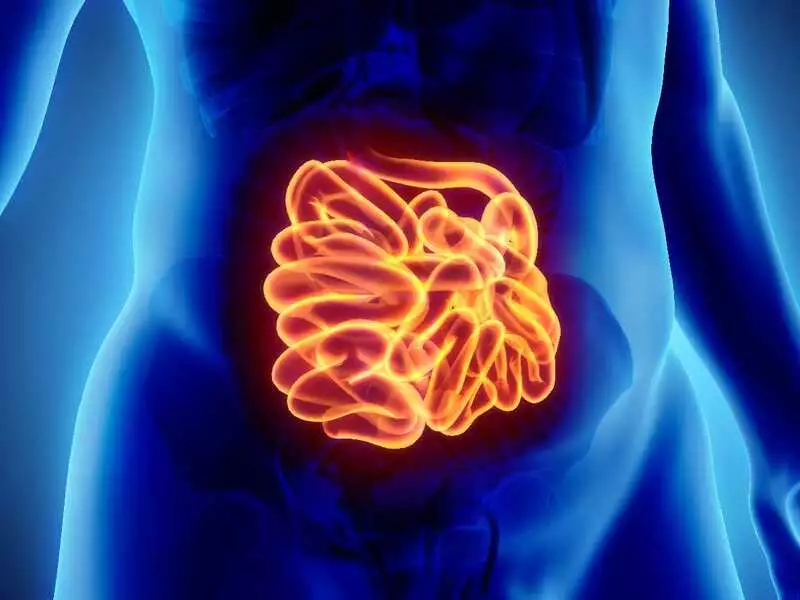Colonoscopy is an invaluable diagnostic method, however, in order for this examination to really contribute to the diagnostic process, it is necessary to meet a certain condition. Above all, it is necessary to observe dietary restrictions a few days before the examination, as well as to start taking bowel cleansing agents on the day before colonoscopy.
Colonoscopy is carried out primarily as a preventive examination for colorectal cancer. The prevalence of this cancer in Poland is considerable, with colorectal cancer being one of the top three most common cancers in both women and men.
As with other oncological conditions, the earlier colorectal cancer is detected, the better the treatment outcome can be expected. Colorectal cancer can be diagnosed by colonoscopy - but in order for this diagnosis to be made, it is necessary for the patient to be adequately prepared for the colorectal endoscopy.
Preparation for colonoscopy: diet
Patients who are due to have a colonoscopy often fear that they will have to follow some kind of restrictive diet long before the examination. They can be reassured here - indeed, the first dietary restrictions should be introduced a few days before the examination, although major changes in the composition of meals should only take place on the day before the colonoscopy.
A few - that is, 3-5 days before the colonoscopy - patients should avoid foods rich in seeds (e.g. kiwi, tomatoes or strawberries), as well as various grains (e.g. sesame or poppy seeds). The rationale for such restrictions is very simple: the residues of these foods may simply lodge in the intestinal tract and thus interfere with the image of the intestine viewed during colonoscopy.
More serious dietary restrictions start to apply on the day before the colonoscopy itself. This is when patients are already advised to eat a low-fibre diet, i.e. one in which foods will contain as little fibre as possible. On this day, for example, a roll with cheese and tea may be eaten for breakfast. For lunch, on the other hand, a soup can be recommended to the participant - it is best to eat this meal in the early afternoon (between 1 and 3 pm). Soups that contain as few vegetables as possible are most beneficial - these, if the patient is due to have a colonoscopy the following day, are best left untouched on the plate.
After lunch, it is time to abstain from meals - these people should no longer eat anything until their colonoscopy is performed. Here, however, it should be emphasised that the examinee should only abstain from food - he or she may, and it is even highly recommended, take in liquids instead. Above all, still water is recommended, but it is also possible to drink clear fruit juices (without fruit pulp). Patients may also be interested in the fact that they can indulge in small pleasures before the colonoscopy, such as sucking candy or even... sugar.

photo: panthermedia
Preparation for colonoscopy: laxatives
Drinking liquids before colonoscopy was mentioned above - 'ordinary' liquids are recommended, but so are special preparations designed to cleanse the bowel. A variety of preparations are available - the most commonly used to cleanse the bowel before colonoscopy are those containing macrolides. It is this stage of preparation for colonoscopy that patients sometimes find most difficult - why?









